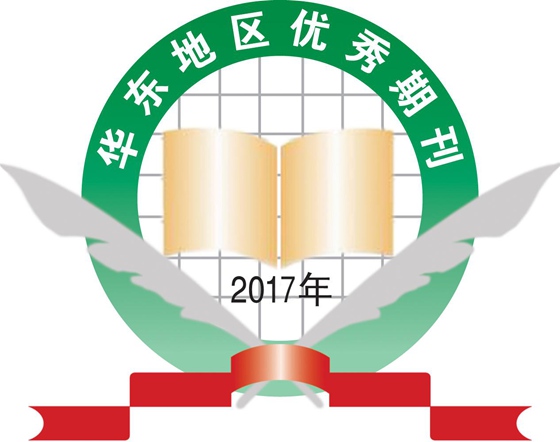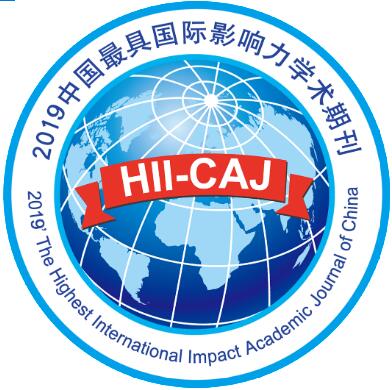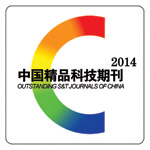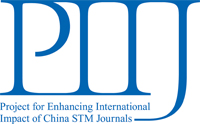Background: It is important to detect and prevent Alzheimer disease (AD) at its early stage. Constituting the early stage sign of AD, amnestic mild cognitive impairment (aMCI) has drawn much attention. Studies have shown that donepezil could reduce the AD assessment scale-cognitive subscale (ADAS-Cog) score in MCI patients and improve the patient’s attention and speed of response; however, it also has many side effects. Therefore, the authors aim to explore the effects of Chinese herbal medicine for treating aMCI.
Objective: To explore the clinical efficacy and safety of Chinese medicine for tonifying the kidney, and resolving phlegm and blood stasis in the treatment of aMCI.
Design,
setting, participants and interventions: This clinical trial used randomized, double-blind, double-dummy and parallel-controlled design. According to the randomized, double-blind principle, some aMCI patients were randomly divided into Chinese medicine group and donepezil group. Other patients who did not receive any treatment were enrolled as the control. Patients in the Chinese medicine group received oral administration of Chinese medicine, 1 bag/dose, two doses per day, while patients in the donepezil group received donepezil hydrochloride, 5 mg/day. Twelve weeks were allocated as the trial period.
Main outcome measures: After 12 weeks, the Chinese medicine group patients, the donepezil group patients and those patients who did not receive any treatment were accessed using the scores of ADAS-Cog and mini-mental status examination (MMSE).
Results: The ADAS-Cog and MMSE scores of the Chinese medicine group and the donepezil group were both improved from baseline (
P=0.001,
P=0.000), but the non-treatment group showed no change from baseline (
P=0.151,
P=0.125); furthermore, there was no significant difference between the Chinese medicine group and the donepezil group. The attention function of the Chinese medicine group was better than baseline (
P=0.015), but no change was seen in the donepezil group (
P=0.085) at the 12th week. Safety data showed that the occurrence of insomnia, nausea and diarrhea was greater in the donepezil group than in the Chinese medicine group (
P=0.002,
P=0.005,
P=0.000), and both treatments had no influence in participants’ vital signs and laboratory examination results.
Conclusion: Both Chinese medicine and donepezil can improve global cognition in patients with aMCI after 12 weeks of treatment. Chinese medicine can also improve attention function and some clinical symptoms in patients with aMCI. Furthermore, Chinese medicine is safe for aMCI patients. Further study is necessary to explore the long-term effect of Chinese medicine for aMCI.
 Table of Content
Table of Content














